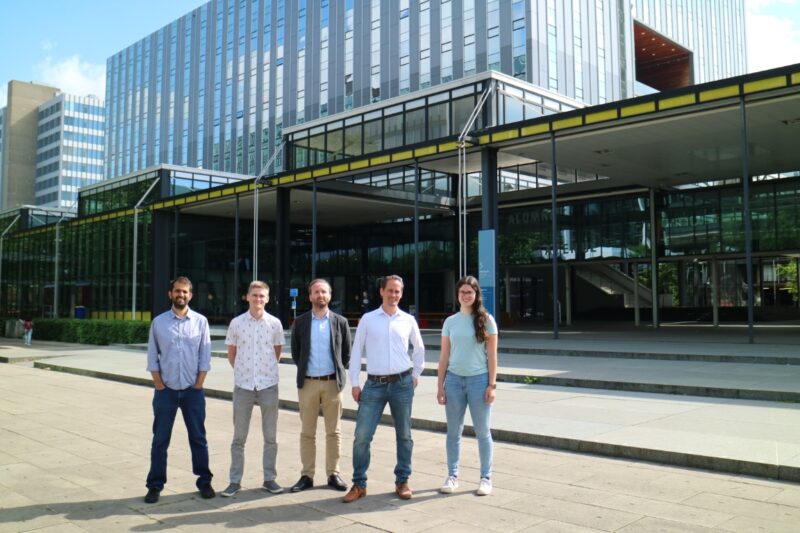Geometric Learning and Differential Geometry
Since 15 April 2022, the recently established group Geometric Learning and Differential Geometry (GLDG) is embedded in the cluster CASA. The group is headed by VICI & ERC-StG laureate Remco Duits. The geometric learning framework that is set up by the group bridges the gap between deep learning on convolutional neural networks and advanced differential geometry on homogeneous spaces. In the group, fundamental problems from both worlds are being tackled; geometric control and analysis algorithms need to be data-driven and automated, whereas deep learning methods need to be geometrically interpretable. Moreover, deep learning methods require geometric reduction in network complexity and training data with increase of classification performance. The generic methods are demonstrated in medical/industrial image analysis applications, where they have direct impact, leading to collaborations with industry and health tech partners. The group constructs better automatic image analysis methods for enhancement, detection and tracking of complex line structures (vasculature, fibers, cracks).

Many mathematical research challenges arise in geometric PDE-based image processing and deep learning on homogeneous spaces. The combination of advanced geometric analysis and scientific computing gives the Geometric Learning and Differential Geometry group a central position in CASA.
In education, the group puts effort in teaching students how to use abstract differential geometry in solving societally relevant applications, for example via courses such as Differential Geometry for Image Processing 2MMA70, Complex Analysis 2WA80, and Mathematics of Neural Networks 2MMA80.

Bridging the gap between convolutional neural networks and differential geometry on homogeneous spaces.
